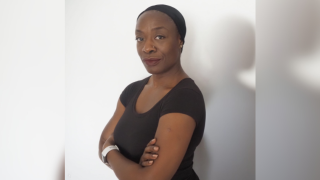The Federal Communications Commission (FCC) plans to run the two auctions from the middle of next week.
The higher-frequency 28GHz auction will be run first, starting on 14 November, and the 24GHz auction will follow as soon as the first is decided.
Both are categorised as “upper microwave flexible use service licences for next-generation wireless services”, and the FCC intends them to be used for 5G services.
Other than the future big three – AT&T, T-Mobile and Verizon – other identifiable telecoms companies in the list of bidders include Cox Communications, Frontier Communications and Windstream – as well as DoCoMo Pacific, NTT’s mobile operation based in the US Pacific island of Guam.
Some companies appear in both lists, prepared to bid for spectrum in both the 24GHz and the 28GHz bands.
“The 1.55GHz of spectrum in these two high bands will be critical in deploying 5G wireless, internet of things, and other advanced spectrum-based services,” said FCC chairman Ajit Pai when the auction details were announced three months ago.
“Maintaining leadership in wireless technologies is critical for our country; it will boost economic growth, job creation, and our global competitiveness. And given that the world is going wireless, it will dramatically improve the consumer experience, including in ways we can’t today anticipate.”
Auction 101, which covers the 28GHz band, will offer two blocks of 425MHz in each county of the US. The FCC will run the auction in what it calls “the standard simultaneous multiple round format.”
When that is complete, the FCC will start on auction 102, the slightly lower frequency band, using a clock auction format, ultimately to offer seven blocks of 100MHz each. After the clock auction, “there will then be an assignment phase to allow winners of the generic blocks to bid for frequency-specific license assignments.”
Pai said: “We seek to promote competitive bidding, make it easier for applicants to participate, and assign high-band spectrum licences as efficiently as possible. All of this will enable the Commission to get this valuable spectrum into the marketplace and put it to its highest valued use.”
Companies that have successfully applied to be part of the process include little-known operators such as the Mark Twain Communications Company. There are also lawyers, including Ryan van Steenis, based in Houston, Texas.
Sprint, which is expected to merge with T-Mobile US over the next year, does not appear in the list.






